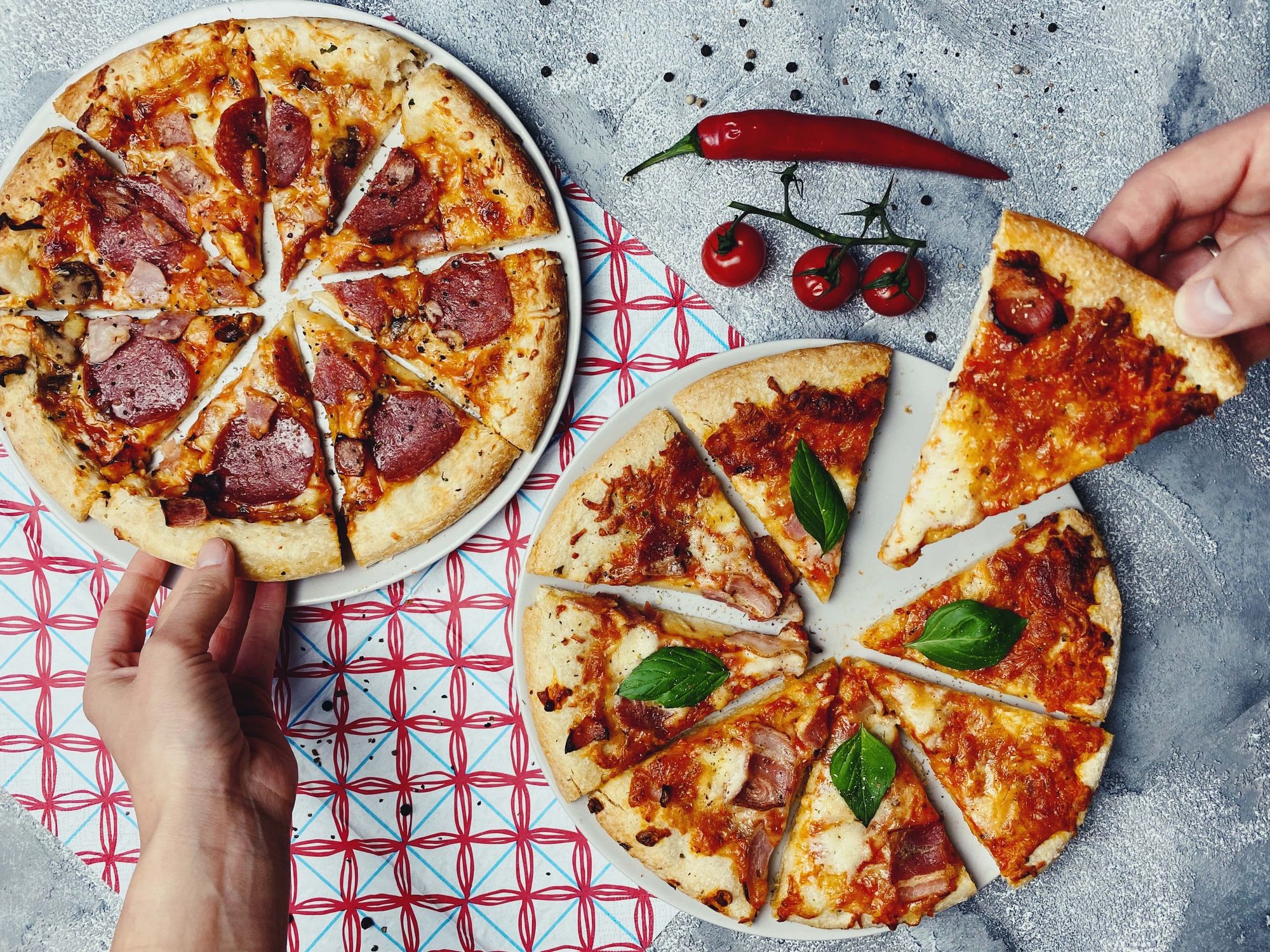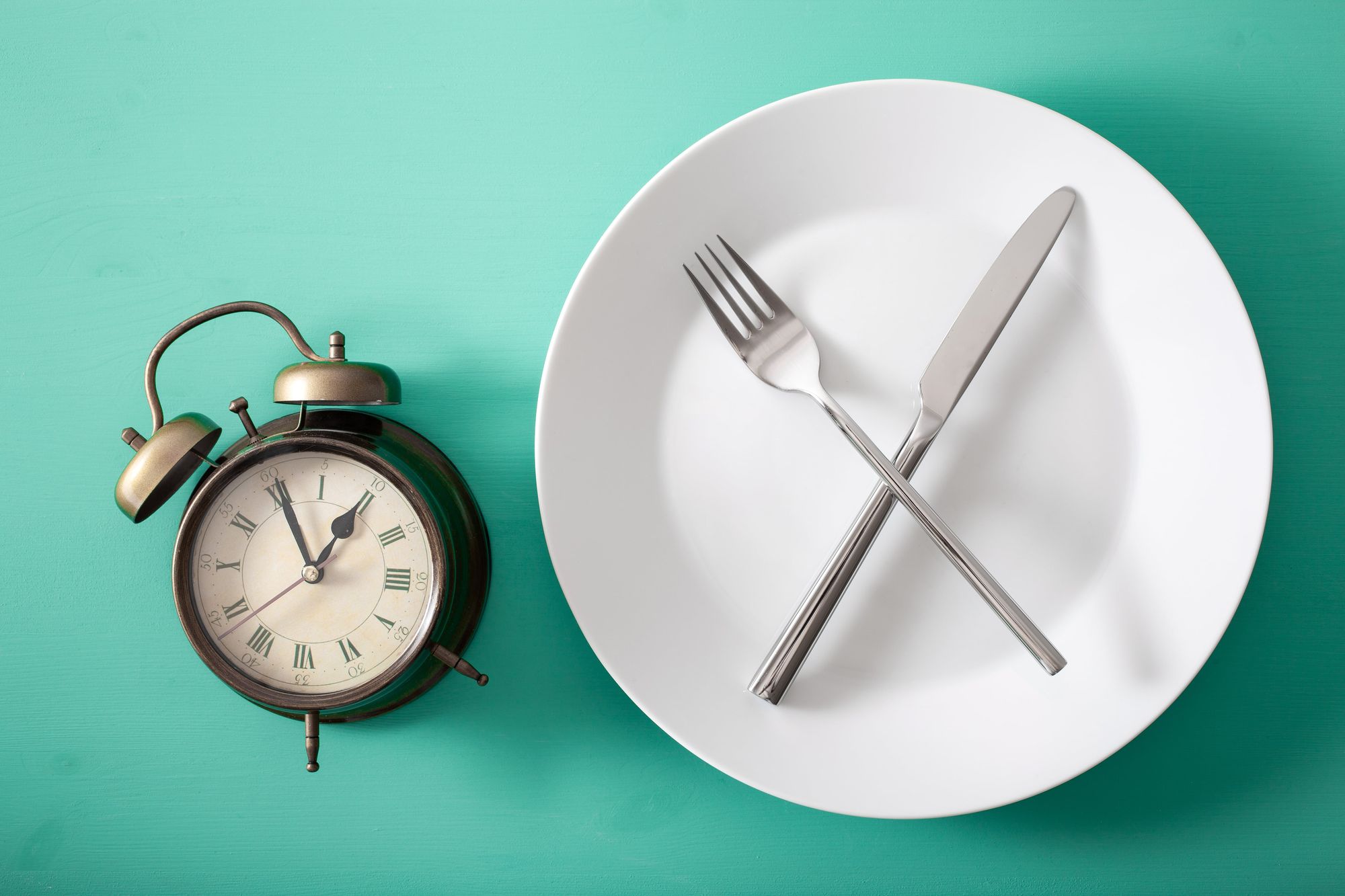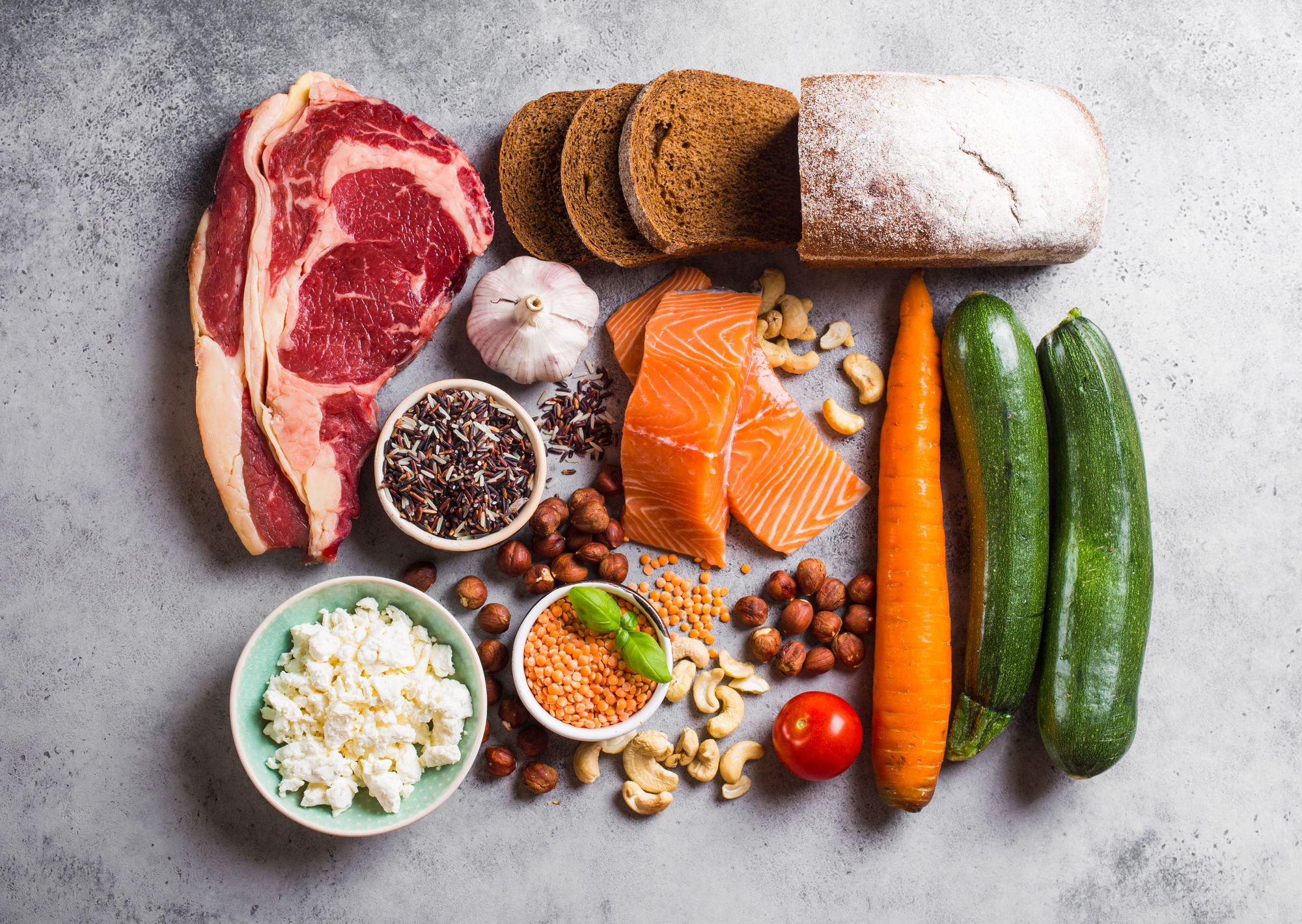
Intermittent fasting, if done correctly, and successfully avoiding some common intermittent fasting mistakes, can result in many health benefits. Intermittent fasting can be an excellent way to manage your weight, lose weight, and reduce the odds of consuming excess calories throughout the day. For many people, an intermittent fasting regimen helps them increase metabolism which is helpful when one’s metabolism starts to slow down.
It’s even possible to improve your brain health with intermittent fasting. However, if you make intermittent fasting mistakes while attempting this eating plan, you may be surprised when you don’t notice results or benefits.
Before you start any diet, you should take the time to do your research to avoid doing it incorrectly. Read articles like this one, watch YouTube videos, talk to your doctor, and potentially even speak to a dietician or nutritionist. It’s important to be aware of the common intermittent fasting mistakes, so you can avoid them.
Intermittent Fasting Mistakes
It’s common to make some mistakes when you’re first starting out on a new eating plan, or trying a new diet. The important thing is to get out of the habit of making these mistakes, and keep trying to follow the program correctly, rather than getting discouraged.
Below are some of the most common intermittent fasting mistakes, and tips on how to avoid them:

1. Overeating or Binge Eating Once Your Fast Ends
Intermittent fasting is all about restraining from food, as well as any drinks other than water, tea, or plain black coffee, for a ‘fasting period’ each day. For most people, their fasting window is 14 – 18 hours of fasting (don’t worry, this includes time spent asleep.) This is a long time to fast, so you may have the urge to binge eat when your window eating begins and you’re out of fasting mode.
Overeating once you’re out of fasting mode is one of the top intermittent fasting mistakes out there. It’s one of the worst mistakes you can make, because you could consume way too many calories in one sitting if you’re over-indulging. Since weight loss is all about counting calories, you can’t binge eat once you’re out of fasting mode, as you’ll quickly surpass the number of calories you’re supposed to stick to each day.
To avoid this mistake of overeating once your fast is over, you should meal prep to ensure you have healthy food on-hand and ready to be consumed as soon as your eating window begins. Cut up some slices of apple, or wash some grapes and put them in a bowl, ready to eat. Meal prep healthy veggie and protein packed meals and keep them in your fridge, such as a tupperware container of healthy chicken and veggie stir fry.
No matter how starving you are, try to eat slowly. If you have the urge to take a big bite, that’s fine, but be sure to chew your food well, as this helps you eat slower. Take breaks to digest and sip water. These steps will help you feel fuller and eat slower, so you can stop eating before you over-stuff yourself. If you eat too fast, your body won’t have time to recognize you’re full yet, and before you know it, you overate. The fact that you just fasted for many hours doesn’t give you the freedom to binge eat whatever you want to eat when the fast ends.
2. Consuming a Drink or Substance That You Mistakenly Believe Won’t Break Your Fast
It’s important your body knows it’s fasting for the entire duration of your fasting window, in order for intermittent fasting to work. Many people think diet soda doesn’t break your fast, because it’s zero calories. However, the artificial flavors in these ‘zero calories’ drinks actually can spike hormones in your body, which will trick your body into thinking you’re no longer fasting.
This means sugar-free redbull, diet coke, and other ‘zero calorie’ flavored drinks can break your fast. This is one of the most common intermittent fasting mistakes that many beginners make.
Putting ‘just a splash’ of milk or ‘just a dash’ of sugar in your coffee will also break your fast.
Similarly, a seemingly insignificant vitamin gummy is a substance that could break your fast if there’s sugar or calories in it. Most vitamin gummies do have sugar and calories. This means that if you take a daily vitamin in gummy form, it should be consumed during your eating window only.
3. Consuming Foods That You Mistakenly Think Won’t Break Your Fast
Many people mistakenly believe that consuming a cup of bone broth, one mint, or a piece of gum, won’t break their fast. However, this certainly could break your fast by signaling to your body that it’s no longer in fasting mode.
Check out this article on surprising ways you could break your fast while intermittent fasting.
When you’re in fasting mode, you can only have plain water, plain black coffee, and herbal tea with nothing added to it (not even a splash of milk.)
Everything else (even that piece of gum) has to wait until you are in your eating window.

4. Choosing an Eating Window That is Too Long or Doesn’t Suit Your Lifestyle
If you’re currently doing the 14:10 intermittent fasting program, which is 14 hours of fasting and 10 hours of eating, try encouraging yourself to make a change. Try shortening your eating window to 8 hours, and increase your fasting window to 16 hours. This would make your intermittent fasting program the 16:8 program, which tends to have better results.
You can do it. All you need to do is believe in yourself, and go for it. You can level up and shorten your eating window to 8 hours. If you find it difficult, try to power through. Find ways to distract yourself rather than sitting on the couch thinking about food. In the end, it’s best to listen to your body. If you can’t do the 8 hour eating window, that’s okay, but it’s worth it to try because you’ll likely be pleasantly surprised that you can do it.
One of the top intermittent fasting mistakes is failing to believe in yourself that you can do the program with the shorter eating window, and failing to try.
It’s also best to choose eating windows that are during times of day that work for you. For example, if you already know you’re a night owl who doesn’t like breakfast that much, your eating window could easily be 2pm – 10pm. Everyone should choose an eating window that suits their lifestyle best.
5. Forgetting to Exercise
Many self-proclaimed weight loss ‘experts’ will tell you that losing weight is mostly about what you eat, not about how often you exercise. They’ll often say that losing weight is 80% about changing what you eat and how you eat, while only 20% of weight loss is accounted for by exercise.
Even if this is true, that doesn’t mean healthy eating on an intermittent fasting program is all you need to do to lose weight and get healthier. Even if it’s working and you’re seeing results, that doesn’t take away from the importance to also incorporate exercise.
No matter how great you are at sticking to a diet plan, you also have to exercise. It’s not healthy to live a sedentary, inactive lifestyle. You should be exercising for at least 1 hour, 3-4 times per week. Whether that’s a power walk in your neighborhood, a group fitness class, a spin class, cycling outdoors, kayaking – whatever it is, try to exercise regularly in addition to watching what you eat.
Exercise when it feels right, but figure out when it feels right, and do it often. Listen to your body. Perhaps you’ll exercise when you first wake up, while you’re still in fasting mode. Or, perhaps you’ll exercise during your eating window, because you have a hard time exercising on an empty stomach.
6. Getting Discouraged if You Don’t See Immediate Results
With any new diet plan or new fitness routine, you can’t expect quick results. It could take weeks or months to see results, and you have to be okay with that, yet still stick to your plan.
One of the top intermittent fasting mistakes is getting discouraged when you don’t see quick results, and baling on the plan. Don’t quit. Wait for your results, and they will come, especially if you’re not making these intermittent fasting mistakes. If you’re doing it correctly and incorporating exercise, results will come, and you need to be okay waiting to see those results without giving up.

What Should You Eat During Your Eating Window?
Try to eat healthy foods during your eating window. Based on your unique DNA, the type of diet that suits you best, and the types of foods you should be eating, could vary based on your genetic makeup. CircleDNA reveals hundreds of reports about yourself, including your genetic diet and nutrition profile. Take a CircleDNA test and read your genetic diet and nutrition profile, to find out the optimal diet for you, based on your DNA, as well as tons of other helpful DNA insights related to health and fitness.
References
- What are the benefits of intermittent fasting? (Natalie Olsen, R.D., L.D., ACSM EP-C) https://www.medicalnewstoday.com/articles/323605






